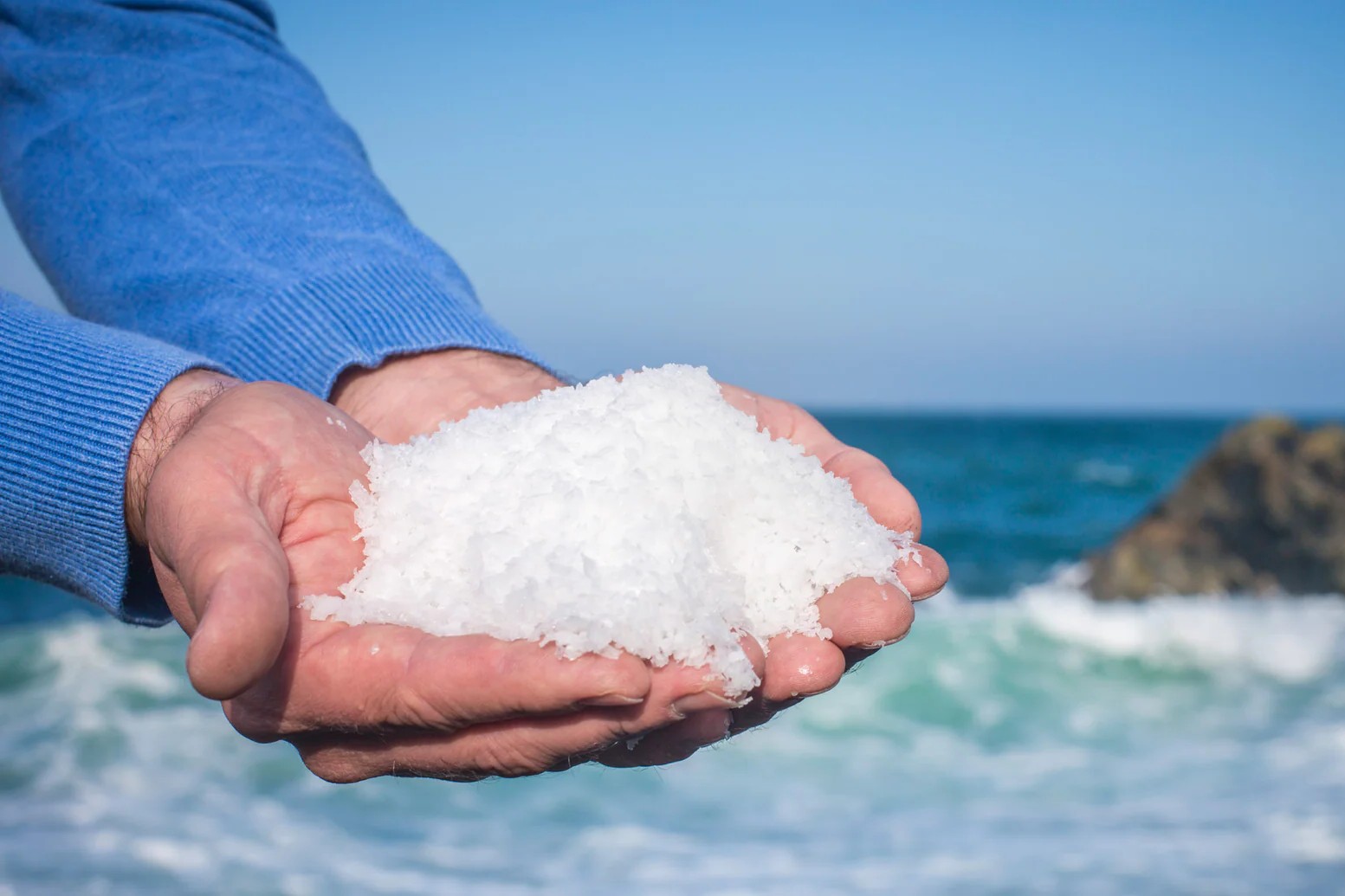
Salt—a simple, everyday substance that holds a world of secrets. Ever wondered why it’s so essential in our lives? Salt isn’t just for seasoning your fries; it’s a cornerstone of human civilization. From preserving food to playing a role in ancient trade routes, salt has shaped history in ways you might not expect. Did you know that Roman soldiers were sometimes paid in salt? That’s where the word “salary” comes from! Or that salt can be found on Mars? This mineral is more than just a kitchen staple; it’s a fascinating element with a rich past and a vital role in our future. Ready to dive into some mind-blowing facts about salt? Let’s get started!
The Origins of Salt
Salt has been a crucial part of human history for thousands of years. Its significance spans across cultures and continents. Here are some fascinating facts about its origins.
- Ancient Egyptians used salt for mummification. They believed it preserved bodies for the afterlife.
- The word "salary" comes from salt. Roman soldiers were sometimes paid in salt, known as "salarium."
- Salt was a valuable trade commodity. It was often traded ounce-for-ounce with gold in ancient times.
- China has the oldest known saltworks. These date back to around 6000 BC.
- Salt played a role in the American Revolution. British forces tried to cut off salt supplies to the American colonies.
Salt in Nature
Salt is not just found in your kitchen. It exists in various forms and locations around the world.
- Salt is abundant in the ocean. About 3.5% of the ocean's weight is salt.
- Salt flats are natural salt deposits. The largest is Salar de Uyuni in Bolivia.
- Himalayan pink salt comes from ancient sea beds. It is mined in Pakistan.
- Salt mines can be found underground. The Wieliczka Salt Mine in Poland is one of the oldest.
- Salt springs occur naturally. These are found in places like the Dead Sea.
Salt and Health
Salt has both positive and negative effects on health. Understanding these can help you make better dietary choices.
- Sodium is essential for bodily functions. It helps with nerve transmission and muscle function.
- Too much salt can lead to hypertension. High blood pressure increases the risk of heart disease.
- Iodized salt prevents iodine deficiency. This can help avoid thyroid problems.
- Salt can be used to treat dehydration. Oral rehydration solutions often contain salt.
- Salt baths can soothe sore muscles. Epsom salts are commonly used for this purpose.
Cultural Significance of Salt
Salt has played a significant role in various cultures and traditions around the world.
- Salt is used in religious rituals. In Shintoism, it purifies spaces and people.
- Throwing salt over your shoulder is a superstition. It is believed to ward off bad luck.
- Salt was used in ancient Roman weddings. Couples exchanged salt as a symbol of fidelity.
- In some cultures, salt is a symbol of hospitality. Guests are offered bread and salt as a welcome gesture.
- Salt has been used as currency. In Ethiopia, "amole" salt bars were once a form of money.
Salt in Food
Salt is a staple in kitchens worldwide. It enhances flavors and preserves food.
- Salt is a natural preservative. It inhibits the growth of bacteria.
- Different salts have different flavors. Sea salt, kosher salt, and table salt each have unique tastes.
- Salt is crucial in baking. It controls yeast fermentation and strengthens gluten.
- Salt enhances sweetness. A pinch of salt can make desserts taste even better.
- Salt is used in curing meats. Bacon, ham, and sausages rely on salt for preservation.
Fun Facts About Salt
Salt has some quirky and interesting aspects that might surprise you.
- Humans have a natural craving for salt. This is because it is essential for survival.
- Salt can melt ice. It lowers the freezing point of water, making it useful for de-icing roads.
- Salt was used in ancient warfare. Armies would "salt the earth" to prevent crops from growing.
- Salt can be used in cleaning. It is effective in removing stains and odors.
- Salt is used in making soap. It helps harden the soap and improve its texture.
- Salt can be found in space. Scientists have discovered salt deposits on Mars.
The Final Grain
Salt isn't just a kitchen staple; it's a fascinating substance with a rich history and surprising uses. From preserving food to being used as currency, salt has played a crucial role in human civilization. It's essential for our health, helping to balance fluids and support nerve and muscle function. Beyond the table, salt finds its way into industries like agriculture, medicine, and even road safety.
Understanding these facts about salt can give you a new appreciation for this everyday mineral. Whether you're sprinkling it on your fries or using it to melt ice on your driveway, salt is more than meets the eye. Next time you reach for the salt shaker, remember the incredible journey this tiny crystal has taken through history and its many contributions to our world.
Was this page helpful?
Our commitment to delivering trustworthy and engaging content is at the heart of what we do. Each fact on our site is contributed by real users like you, bringing a wealth of diverse insights and information. To ensure the highest standards of accuracy and reliability, our dedicated editors meticulously review each submission. This process guarantees that the facts we share are not only fascinating but also credible. Trust in our commitment to quality and authenticity as you explore and learn with us.
